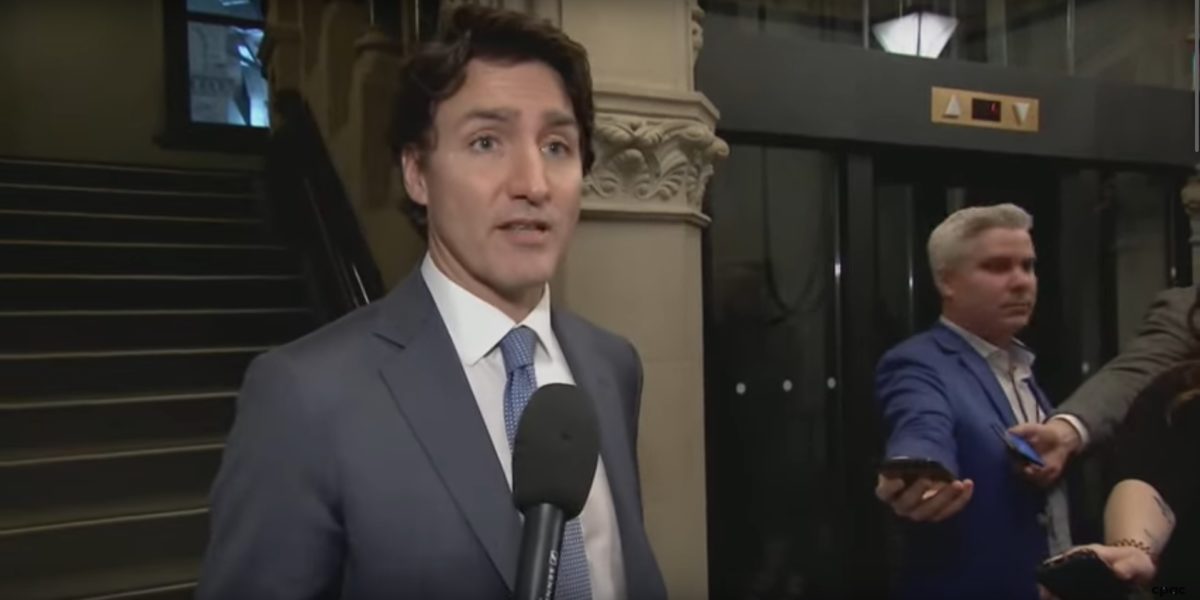By now, we’ve all heard the horrific reports of children in Gaza undergoing amputations without anaesthetic or being buried alive under rubble.
Such unimaginable suffering has also, no doubt, happened elsewhere during earthquakes or plane crashes in remote parts of the world, beyond human reach or control.
What makes this situation different is that Gaza is neither remote nor beyond human reach or control.
Rather, the agony in Gaza is happening because of the relentless bombing and siege by Israel, a country with whom Canada has warm and supportive relations.
Despite the carnage in Gaza, Canada has so far shown little more than its usual deference to long-time ally Israel.
But this closeness to Israel — along with the respect Canada enjoys in many parts of the world — actually positions Canada well to be an important voice pushing for a lasting ceasefire and for the launch of a process that could eventually lead to the creation of a Palestinian state.
I realize that sounds far-fetched.
But then the world has changed quite a bit since October 7, when Hamas conducted its murderous rampage into Israel, prompting Israel to respond with a non-stop onslaught of Gaza.
Three months later, the desperate plight of two million homeless, bleeding, starving Gazans has pushed long-hidden Palestinian suffering onto TV screens across the world, sparking widespread outrage and raising fears of a wider, explosive conflict in the region — and beyond.
The turmoil has shaken many Westerners from their long-standing dozy acceptance of Israel’s dominance over Palestinians, whose displacement and despair were increasingly ignored in media coverage.
Now, after decades of inaction, the European Union is actively considering toughening its stance against Israel in the face of Israeli Prime Minister Benjamin Netanyahu’s stern declaration that he will never accept a Palestinian state — even though his opposition to a Palestinian state has long been evident.
Earlier this week, the EU sent a document to its 27 members states urging them to impose “consequences” on Israel if Netanyahu continues to oppose Palestinian statehood.
Of course, Washington continues to back Israel without reservation and with billions of dollars in aid. However, even the fiercely pro-Israel Joe Biden keeps talking about the need for a two-state solution.
At this point, it’s hard to imagine how a Palestinian state could even happen, given the presence of 700,000 militant Israeli settlers on the West Bank, where a Palestinian state was supposed to be created alongside the state of Israel.
But gone is the notion that the Palestinians will simply fade away over time, which partly explains the desperation — and pointlessness — of Netanyahu’s battering of Gaza.
Certainly, the situation is suddenly volatile and unpredictable in a way it wasn’t before, with Western powers more focused on dealing with Palestinian statelessness and the threat it poses to world peace prospects.
Into this mix, Canada could play something of a constructive role.
If that sounds like too much to expect, let’s not forget that Canada did play a constructive role in the demise of apartheid in South Africa.
The situations are different in many ways, but it’s worth recalling how Canada manoeuvred effectively in that complex global crisis of the late 1980s.
In clearly his finest moment, then-Prime Minister Brian Mulroney, along with External Affairs Minister Joe Clark, took a number of steps against South Africa, including imposing economic sanctions — despite opposition from our British, US and German allies, who all tried to derail Canadian efforts aimed at pressuring the white minority regime.
Historian Daniel Manulak notes that Canada also used its “limited but real influence in multilateral forums and on the ground in South Africa to sustain global interest and build pressure on Pretoria to end apartheid,” which eventually ended in 1990.
Would it be too much to dream that the Trudeau government could be similarly assertive and creative in addressing the human catastrophe unfolding before our eyes in Gaza today?
This column was originally published in the Toronto Star.



